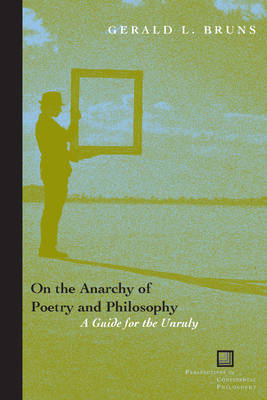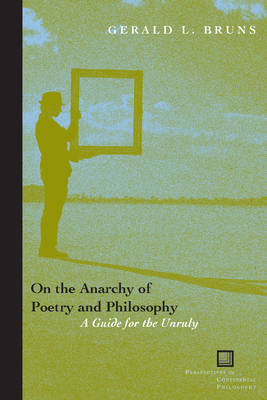
Je cadeautjes zeker op tijd in huis hebben voor de feestdagen? Kom langs in onze winkels en vind het perfecte geschenk!
- Afhalen na 1 uur in een winkel met voorraad
- Gratis thuislevering in België vanaf € 30
- Ruim aanbod met 7 miljoen producten
Je cadeautjes zeker op tijd in huis hebben voor de feestdagen? Kom langs in onze winkels en vind het perfecte geschenk!
- Afhalen na 1 uur in een winkel met voorraad
- Gratis thuislevering in België vanaf € 30
- Ruim aanbod met 7 miljoen producten
Zoeken
Omschrijving
Marcel Duchamp once asked whether it is possible to make something that is not a work of art. This question returns over and over in modernist culture, where there are no longer any authoritative criteria for what can be identified (or excluded) as a work of art. As William Carlos Williams says, "A poem can be made of anything," even newspaper clippings.
At this point, art turns into philosophy, all art is now conceptual art, and the manifesto becomes the distinctive genre of modernism. This book takes seriously this transformation of art into philosophy, focusing upon the systematic interest that so many European philosophers take in modernism. Among the philosophers Gerald Bruns discusses are Theodor W. Adorno, Maurice Blanchot, Arthur Danto, Stanley Cavell, Hans-Georg Gadamer, Michel Foucault, Gilles Deleuze and Felix Guattari, Jacques Derrida, Jean-François Lyotard, Jean-Luc Nancy, Philippe Lacoue-Labarthe, and Emmanuel Levinas. As Bruns demonstrates, the difficulty of much modern and contemporary poetry can be summarized in the idea that a poem is made of words, not of any of the things that we use words to produce: meanings, concepts, propositions, narratives, or expressions of feeling. Many modernist poets have argued that in poetry language is no longer a form of mediation but a reality to be explored and experienced in its own right. But what sort of experience, philosophically, might this be? The problem of the materiality or hermetic character of poetic language inevitably leads to questions of how philosophy itself is to be written and what sort of communitydefines the work of art--or, for that matter, the work of philosophy. In this provocative study, Bruns answers that the culture of modernism is a kind of anarchist community, where the work of art is apt to be as much an event or experience--or, indeed, an alternative form of life--as a formal object. In modern writing, philosophy and poetry fold into one another. In this book, Bruns helps us to see how.
Specificaties
Betrokkenen
- Auteur(s):
- Uitgeverij:
Inhoud
- Aantal bladzijden:
- 274
- Taal:
- Engels
- Reeks:
Eigenschappen
- Productcode (EAN):
- 9780823226337
- Verschijningsdatum:
- 15/01/2007
- Uitvoering:
- Paperback
- Formaat:
- Trade paperback (VS)
- Afmetingen:
- 146 mm x 237 mm
- Gewicht:
- 412 g

Alleen bij Standaard Boekhandel
+ 112 punten op je klantenkaart van Standaard Boekhandel
Beoordelingen
We publiceren alleen reviews die voldoen aan de voorwaarden voor reviews. Bekijk onze voorwaarden voor reviews.









